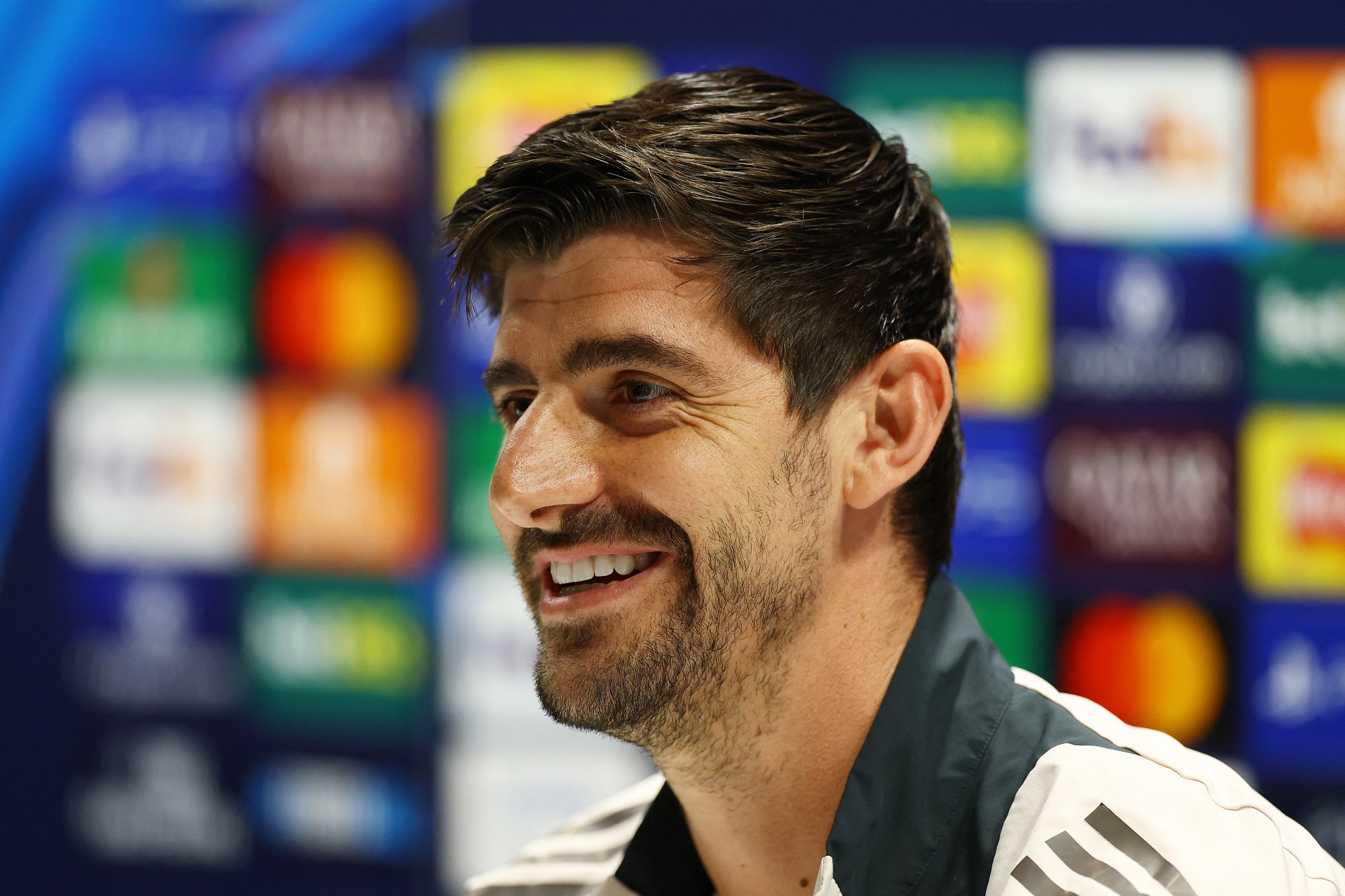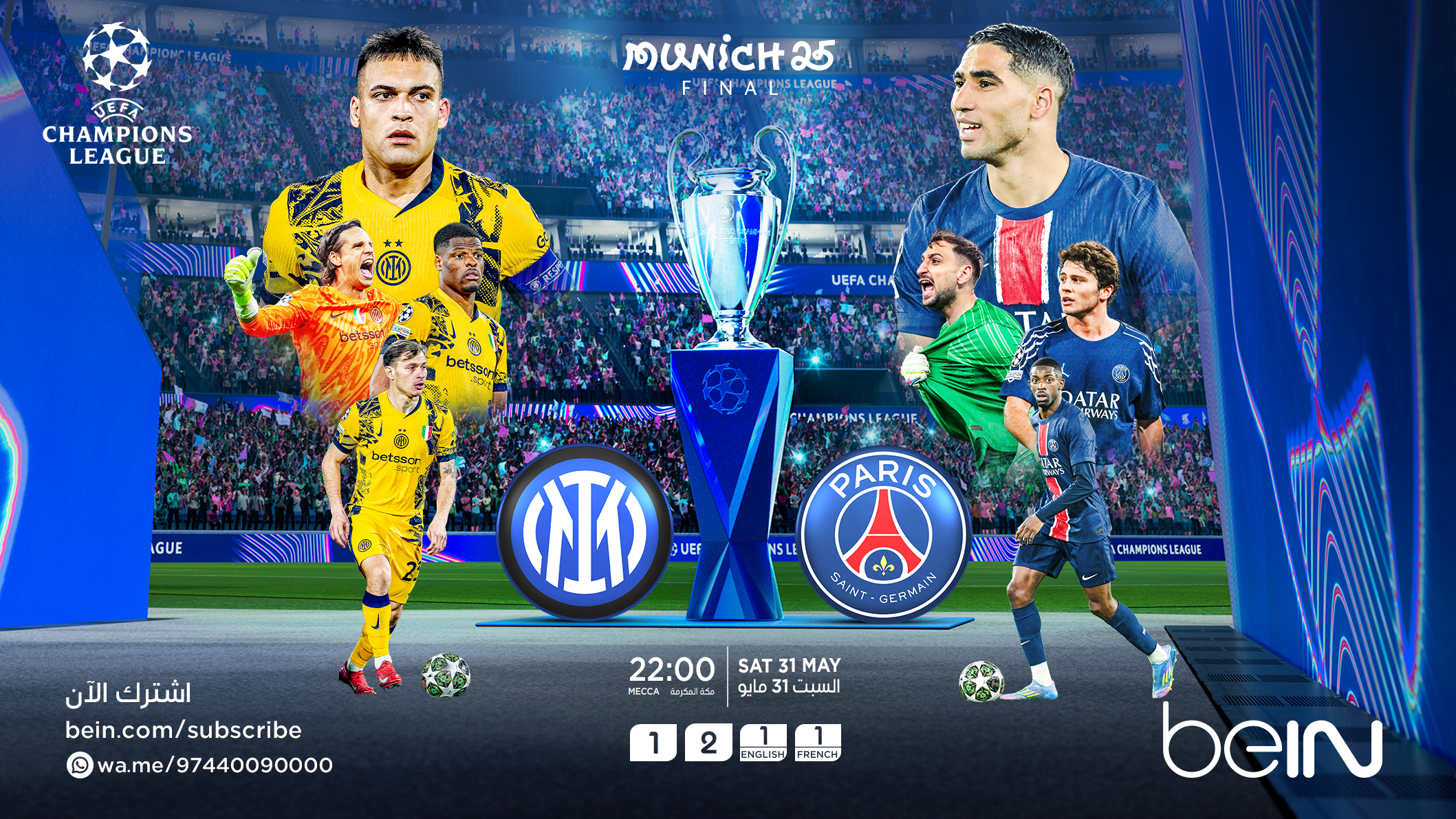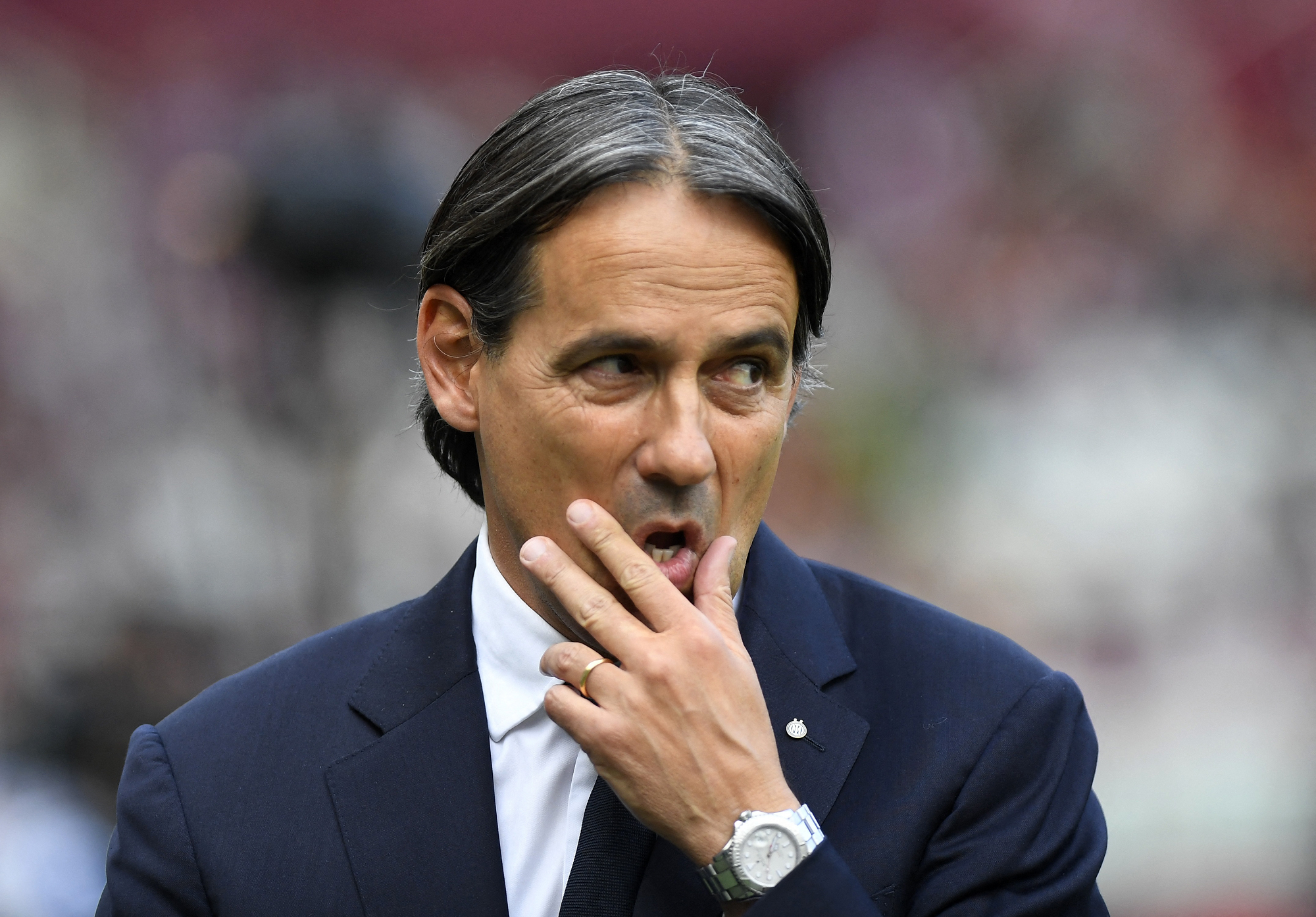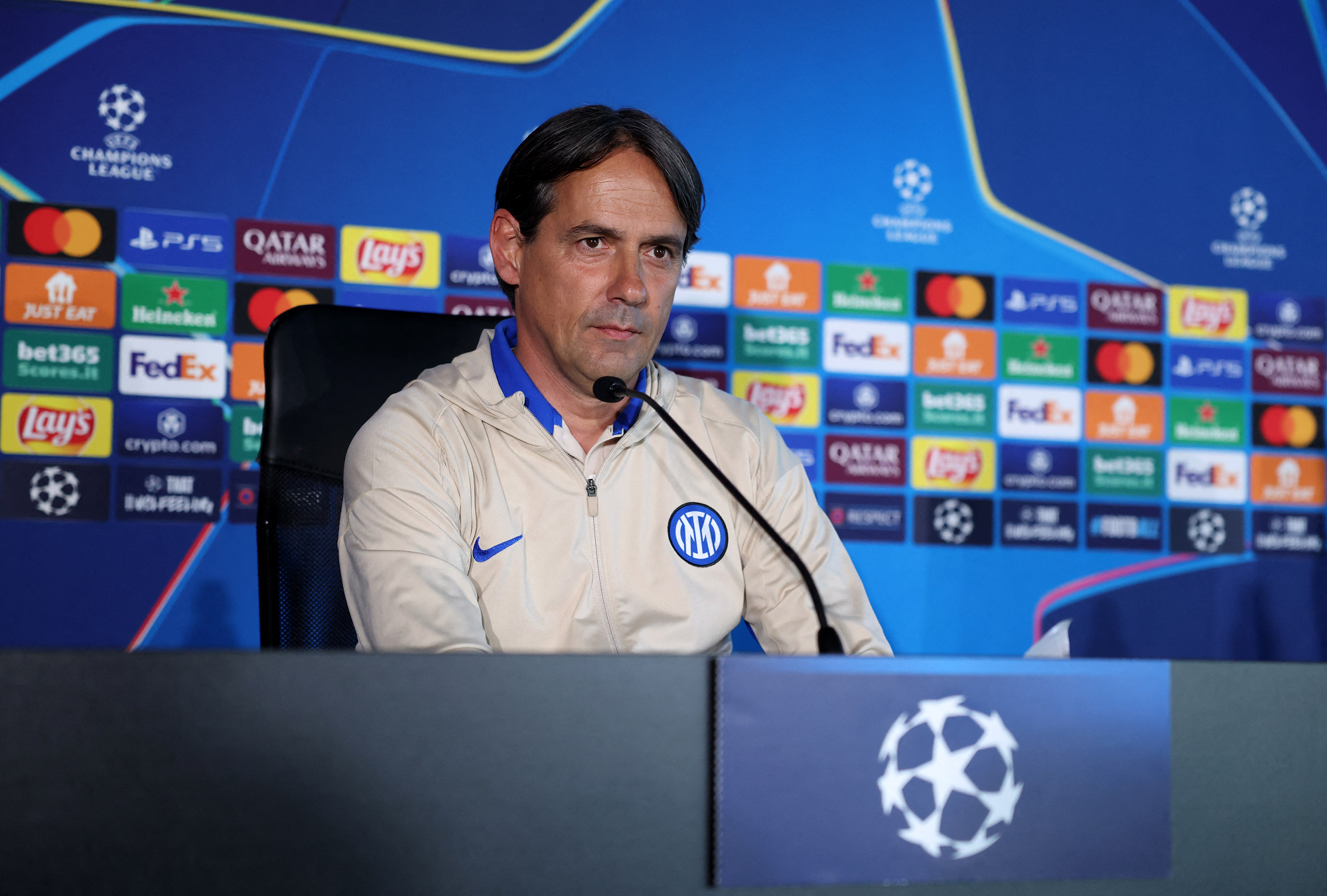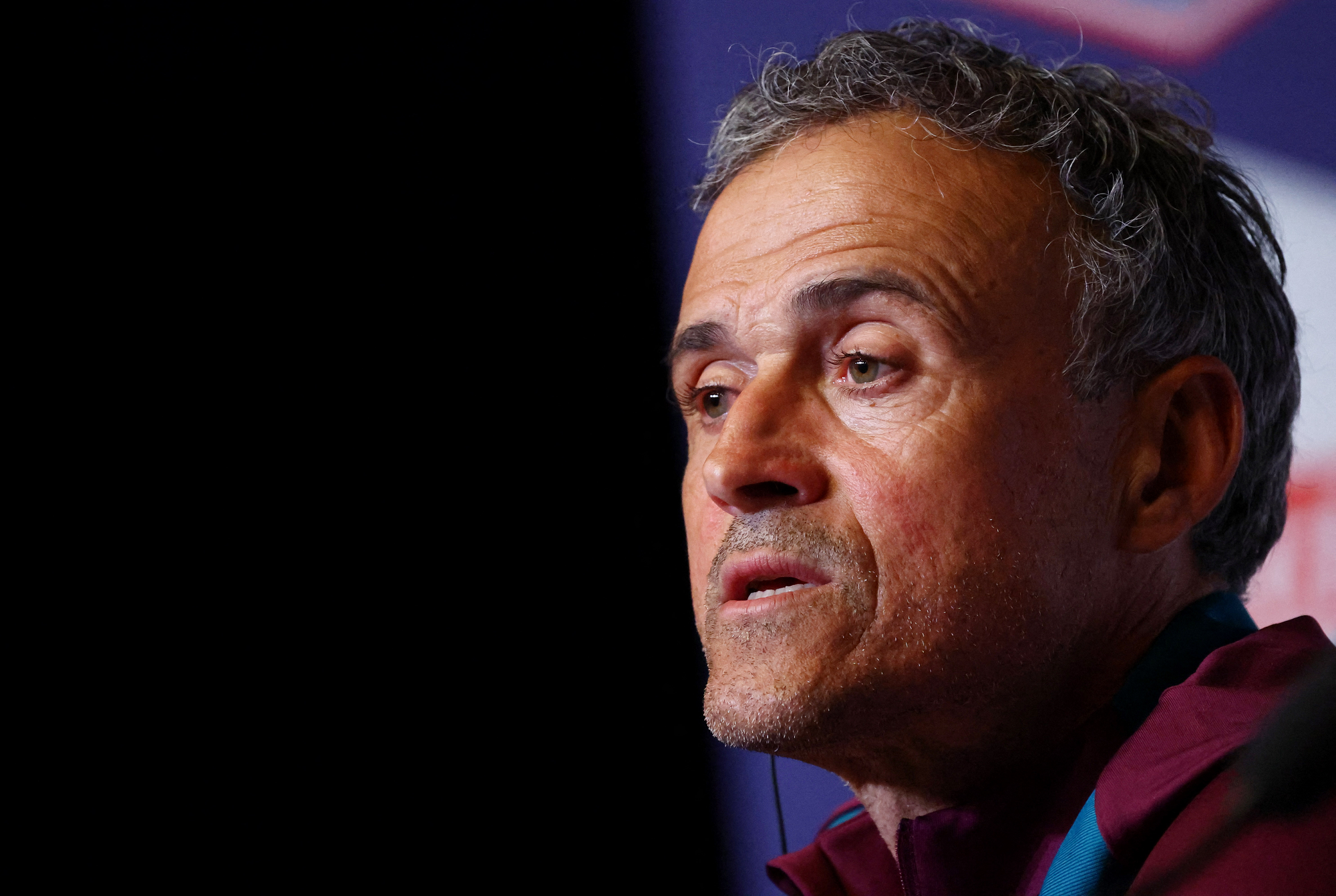UEFA Champions League Great - Iker Casillas
From winner, to super-sub, to winner again, Iker Casillas’ deserves his status as a Champions League great
Not many goalkeepers can say they have enjoyed the success of Iker Casillas.
The Spanish icon is not only one of his nation’s most decorated footballers, but he leaves a legacy as the greatest goalkeeper to grace the European stage.
In 1999, a fresh-faced Casillas was playing for Real Madrid B trying to get the side from Division 3 into Division 2B in the Spanish football pyramid. Just eight months later, he was playing in the Champions League final. Madrid won 3-0 against a Valencia side who was widely regarded as favourites. Just four days after his 19th birthday, Casillas was a winner of Europe’s premier club competition.
“It was my first club title, and I remember it was a special and magical moment,” said Casillas last year.
The emotional teenager at the time could barely control his emotions as he celebrated his first whiff of success as a professional.
With the highs, come the lows. Pipped to start a period of a career of dominance as a Madridista, Casillas’ career at the Santiago Bernabeu hit a roadblock just two seasons later.
On top of the world just a couple of years prior, Casillas had been usurped in the team by Cesar Sanchez after some woeful showings in the 2001/02 season. So, when the unforgettable final of 2002 between Madrid and Bayer Leverkusen at Hampden Park came around, Casillas had to settle for a place on the bench.
That final is best remembered for that Zidane goal. Yet in the latter stages of the second half, one man stood in the way of the German side's potent attack: Iker Casillas.
The young pup of two years ago was called from the bench in the 68th minute to replace Cesar who was injured, and he proceeded to deliver one of the greatest performances in Champions League final history. He may have only been on the pitch for 25 minutes, but he pulled off a string of world-class saves to win that, in isolation, were good enough to win multiple matches at once.
Keeping the likes of Michael Ballack, Oliver Neuville and Dimitar Berbatov at bay kickstarted the rise of one of the greatest to have ever stood between two goalposts. Having already experienced the highs and lows of football, it’s safe to say Casillas was heavily shaped by his short cameo against Leverkusen.
“I look back on my second title with a lot of happiness,” Casillas told UEFA while reflecting on his career in 2019.
It hasn’t always been plain sailing for Casillas in the Spanish capital. Fast forward to 2012 and the now long-serving goalkeeper had fallen out of favour with the manager Jose Mourinho. He was subsequently dropped for a league game against Malaga, and this triggered a plethora of sour disagreements between the player and coach.
Even Madrid’s most ardent supporters began to turn against their hero of 2000 and 2002. Details of these disagreements and other internal affairs began filtering to the Spanish press, allegedly by Casillas himself. The club’s fans branded him with the nickname “the mole”.
Then in January 2013, after a serious injury to Casillas, Mourinho signed Diego Lopez from Sevilla. Lopez was named first-choice 'keeper ahead of Antonio Adan and kept his place in the team even after Casillas had returned from injury.
Mourinho soon left Madrid, and in mid-2013 it was announced Carlo Ancelotti would be the club’s head coach. Despite being left out of the league matches, Casillas made his first start for Madrid in 238 days in the Champions League against Galatasaray and would continue to be used in the competition throughout the campaign, all the way to the final where Madrid finally achieved at the time what felt like the unachievable: La Decima.
Casillas, whose error led to Atletico Madrid’s opener, captained Los Blancos to that unprecedented 10th European Cup, beating their city rivals in dramatic fashion after extra-time.
As his career at Madrid went full circle, he left for pastures new and joined Porto in 2015, and while the continental trophies dried up, Casillas set about making new records in the competition he fell in love with as a teenager.
On 29 September of that year, he overtook Xavi to become the player with the most appearances in the Champions League making his record 152nd appearance in a 2–1 home win over Chelsea. That season, Casillas also broke Edwin van der Sar’s record for the most clean-sheets in Champions League history.
On 14 March 2017, he surpassed Paolo Maldini’s record as the player with the most appearances in European club matches when he made his 157th appearances against Juventus.
Then a year later, he surpassed Ryan Giggs’ record, appearing in his 20th consecutive UEFA Champions League campaign, becoming the first player to reach the knock-out stage 19 times.
He also became only the second player in history after his former teammate Cristiano Ronaldo to win 100 Champions League matches.
As quickly as his career sky-rocketed to stardom, it was taken away, though. In May 2019, Casillas suffered a heart attack during training. Despite his desires to return to the field and given a role with the club’s coaching staff while he continued his recovery, Casillas was forced to retire in February this year.
A sad end to a titanic story; one for the Champions League ages. From the unknown boy to the unexpected replacement, to the leader of the history, Casillas’ career has been consistent of one thing: win, win, and win.



